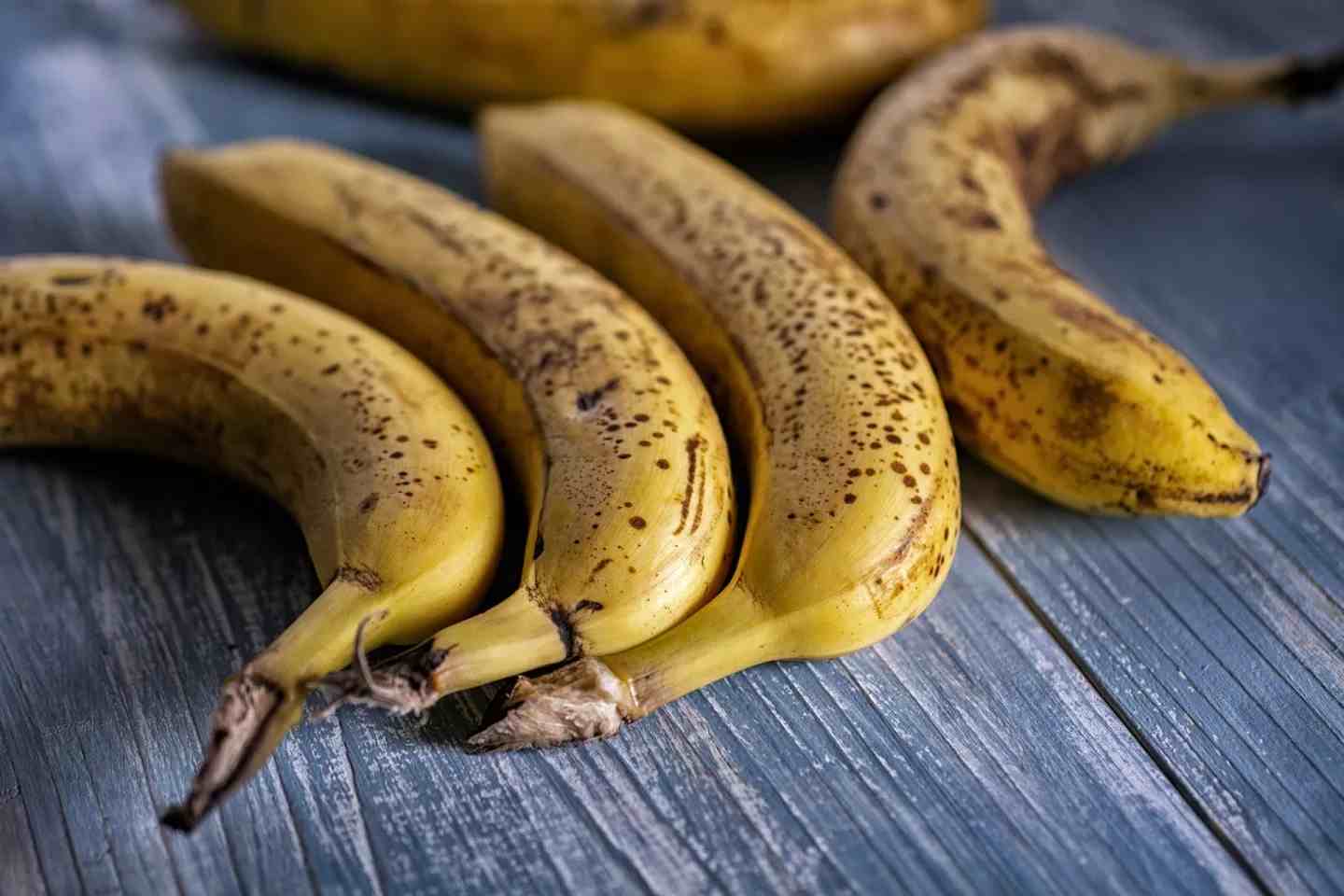People with high blood sugar shouldn’t eat bananas. They have a high glycemic index, so avoid using them when you have high blood sugar. Green ones are not as good as cooked ones, bananas contain 13% simple carbohydrates, so they are not suitable for diabetics. 83% of banana sugars are monosaccharides or small polymers. The dietary fiber content is instead very low, around 2%. For this they have a fairly high glycemic index. If diabetics really have to eat bananas, pay attention to green bananas. Among these, in fact, carbohydrates derive mainly from starch rather than sugar. This is why their glycemic index is lower than that of ripe bananas.
Which vegetables lower blood sugar?
Diabetics can find help from asparagus, because asparagus can control blood sugar and insulin at the same time. In other words, they lower the blood sugar concentration and stimulate the pancreas to produce more insulin. Researchers from the University of Pakistan found this out. They are low in calories and are a source of fiber, minerals and vitamins. They also contain glutathione, which is a substance that helps cleanse the liver. Glutathione can fight free radicals that cause cellular aging. Asparagus can be eaten boiled or raw. They also enrich soups, first courses, omelettes and savory pies.
How to tell if you are allergic to bananas?
There are three types of banana allergies. People sensitive to the allergens in question may develop the first symptoms after eating them. Symptoms are those of oral allergy syndrome. Localized reactions around the mouth or throat. Here’s what bananas can do:
- Itchy palate and throat.
- Angioedema.
- Oral allergic syndrome.
- Abdominal cramps.
- Diarrhea.
- He retched.
- Abdominal swelling.
- Urticaria.
- Wheezing.
- Raucedine.
- Anaphylaxis in more sporadic cases.
Can anyone with high blood sugar eat clementines?
This fruit should also be avoided. Clementine contains 9% sugar. This is why dieters should avoid consuming them, but it is recommended not to overeat them and not to eat more than two a day. This way you can benefit from their high content of organic acids, vitamins, antioxidants (such as flavonoids) and above all soluble fiber. All very useful substances for maintaining health and preventing many diseases. In particular, citrus flavonoids can improve glucose tolerance and insulin sensitivity.
–
–


